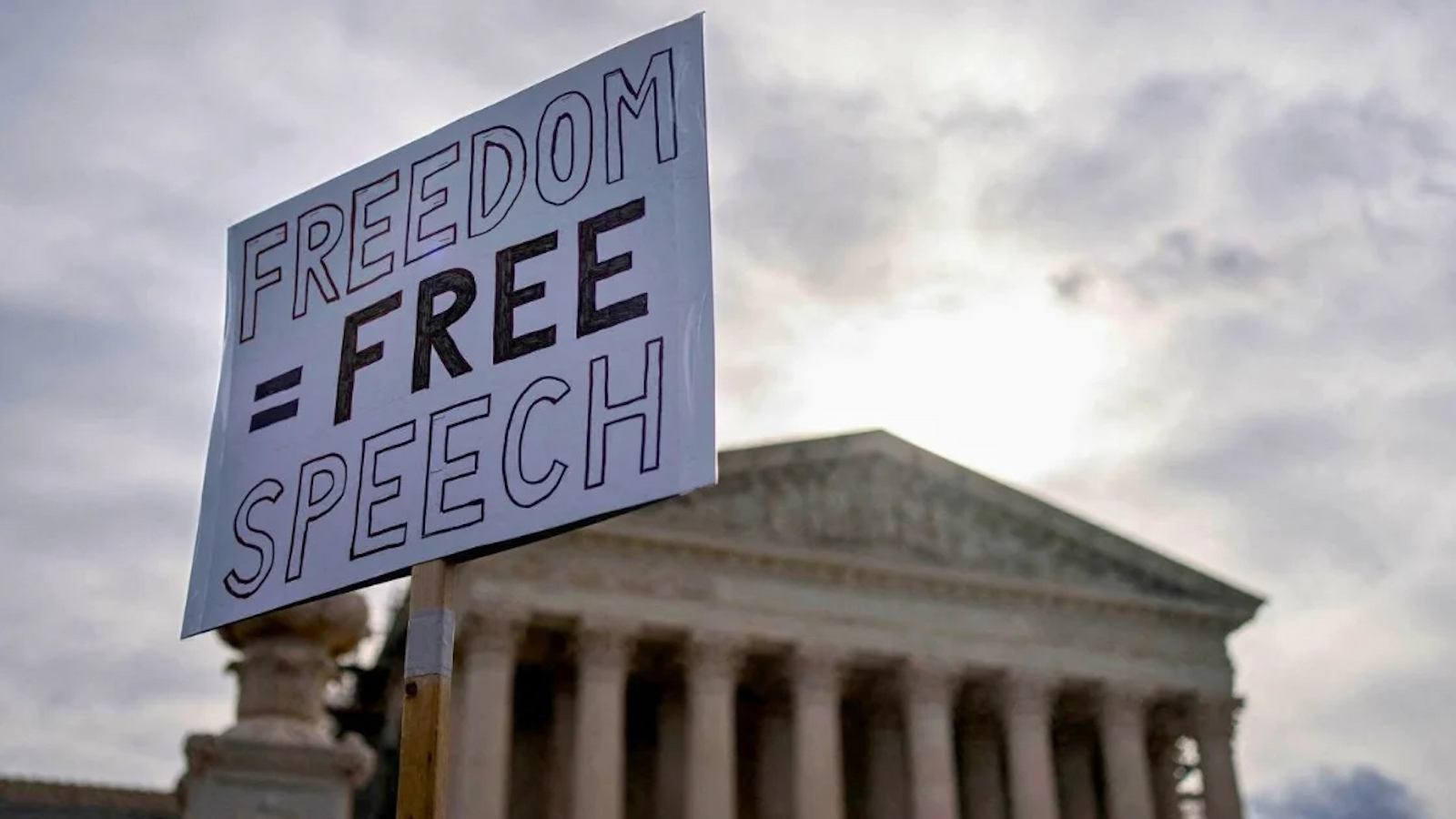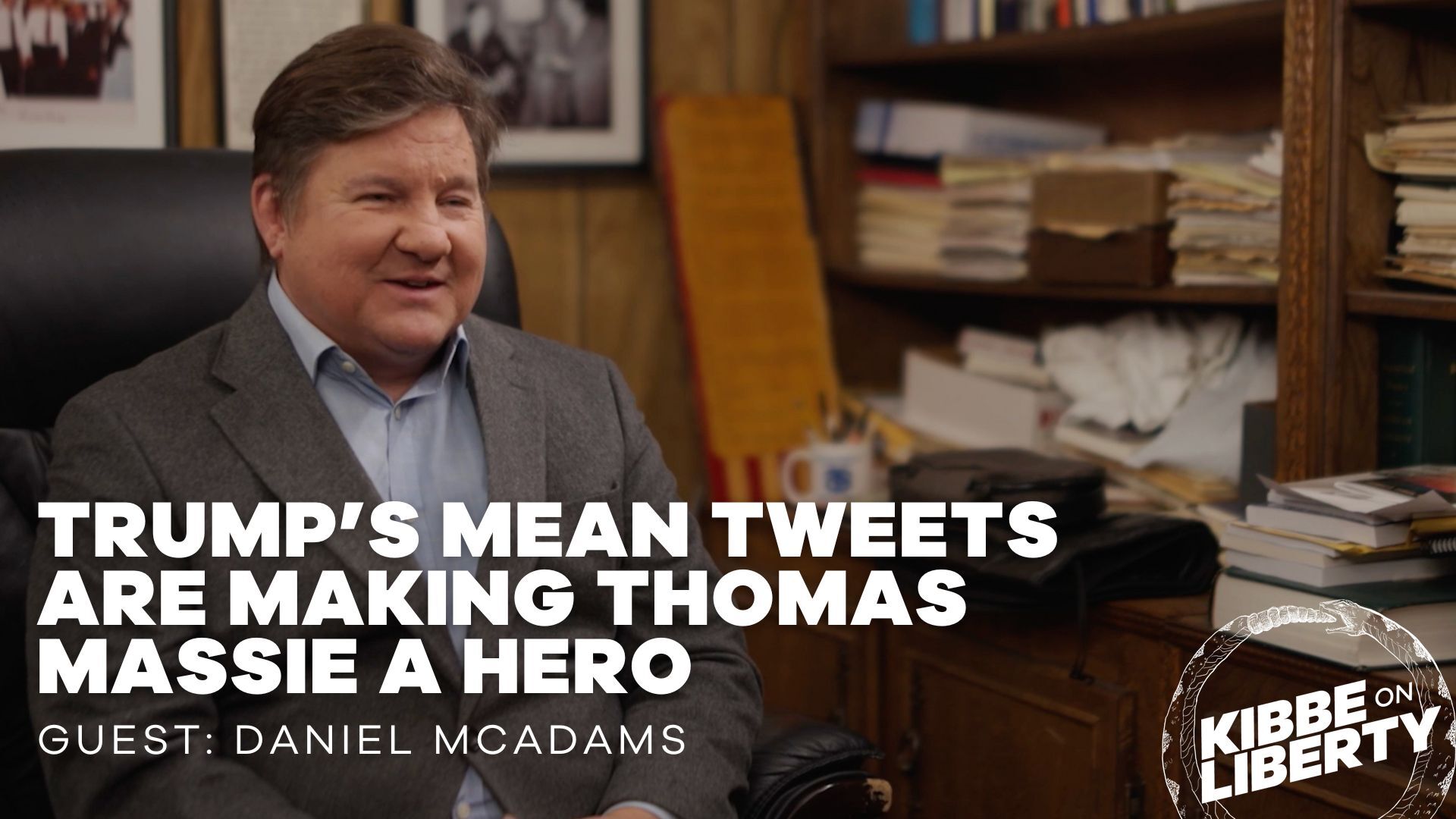
A Tale of Two Rulings: Supreme Court’s Mixed Messages in Navigating Free Speech
Recent Supreme Court decisions on social media content moderation send mixed signals about free speech on the internet.
In Moody v. NetChoice and NetChoice v. Paxton, the Court clarified that government interference in content moderation is off-limits. Yet, in Murthy v. Missouri, the Court left room for the practice of jawboning, in which the government imposes indirect and informal pressure on social media platforms.
In Murthy v. Missouri, the Court set a dangerous precedent that essentially gave a green light for government coercion, making it exceptionally hard for companies to prove the fact of government interference in their business decisions. It missed an opportunity to clarify the legal boundaries of jawboning, leaving us without a clear definition or guidance.
While the Supreme Court’s protection of editorial freedom of social media platforms in NetChoice decisions is a significant victory for free speech, it is simply not enough. True balance in free speech demands transparency between the government and social media companies. Users should have the right to know when and why the content is moderated, and who is influencing public discourse.
The NetChoice cases addressed Texas’s HB 20 and Florida’s SB 7072, which aimed to prevent social media companies from moderating content based on political views and allow political candidates to sue for de-platforming.
The Supreme Court ruled that social media platforms serve multiple functions, such as curated feeds, personal profiles, customer reviews, and direct messages. It emphasized that curated feeds deserve First Amendment protection and sent the cases back to the lower courts to further determine how the First Amendment applies to other features on the platform.
For better or worse, now the lower courts will have to come up with even more specific answers to what should be the limits to content moderation. Clear rules may help in providing guidance, but they as well may end up giving companies too much power that would conflict with the free speech rights of consumers. Users rights also matter.
This decision is a huge win for free speech online because it reinforces the idea that online platforms have First Amendment rights, and they can moderate content as they see fit and are not compelled to host speech they disagree with.
Despite the positive impact of the NetChoice ruling, the Murthy v. Missouri decision significantly undermines these freedoms, as it leaves too much room for government intervention, often occurring behind the scenes.
This case looked at the constitutionality of the Biden administration’s use of power behind the scenes to pressure and intimidate social media platforms to remove “misinformation” related to the 2020 election and the COVID-19 pandemic.
Jawboning has been exploited by both parties in the past, including former President Donald Trump.
Even though the Supreme Court unanimously agreed in the case NRA v. Vullo 60 years ago that the government cannot use third parties to censor speech they disfavor, the Court in Murthy v. Missouri found that the plaintiffs lacked the standing to sue, despite the extensive evidence supporting their claims.
After the Murthy ruling, achieving standing in a jawboning case is now extremely difficult. A company must not only demonstrate that it suffered harm due to government actions, they must also prove the likelihood that such intervention will happen again.
We all understand that the government will never stop talking to platforms, and that’s okay. What is not okay is that the Supreme Court left the entire issue unaddressed when we are in an urgent need to understand what are the constitutional boundaries of appropriate and legitimate dialogue between the government and social media companies.
The Supreme Court should have paid more attention to the evidence brought by the plaintiffs and examined the nature of government communication that remained hidden from the public eye. The Court should have encouraged state actors to advocate for social media’s policies change through public channels, or make disclosures about such communications. This would have ensured that government actions are open to public scrutiny and reinforced democratic principles by allowing citizens to stay informed.
Transparency would have benefited the platforms as well, as it would have set clear expectations and enabled them to respond appropriately to government’s requests.
Silencing opponents on social media might seem like a quick fix for reducing polarization or winning political discourse, but it sets a dangerous precedent that only perpetuates the cycle of censorship and deepens divisions in our society.
Free the People publishes opinion-based articles from contributing writers. The opinions and ideas expressed do not always reflect the opinions and ideas that Free the People endorses. We believe in free speech, and in providing a platform for open dialogue. Feel free to leave a comment.



